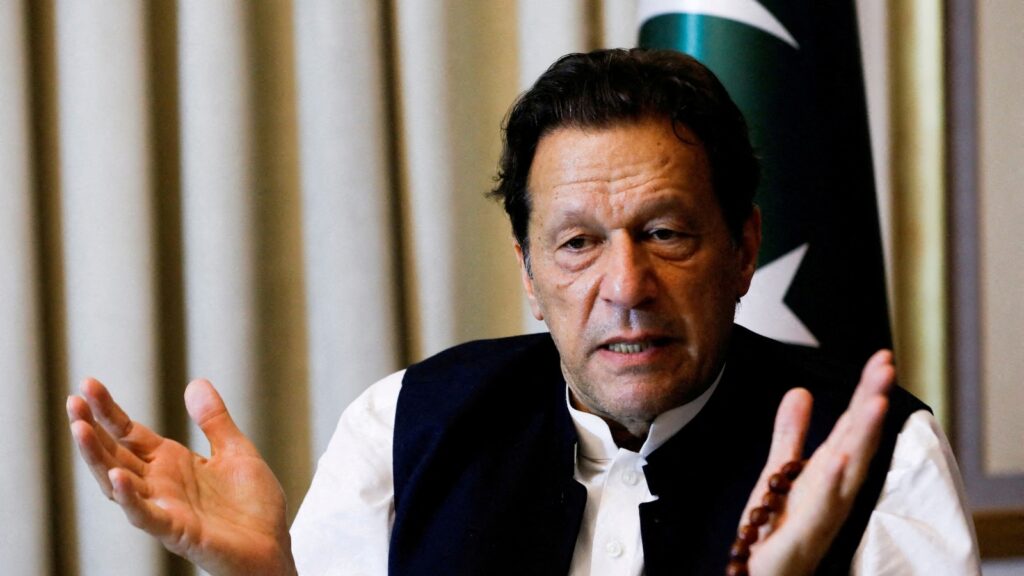With the appointment of first-time senator Anwaar-ul-Haq Kakar, as a caretaker premier of Pakistan to oversee the upcoming polls, the government of the neighbouring country has officially transitioned into an interim arrangement that will hold before the national polls likely early next year. The reasons for the new administration — agreed mutually by Prime Minister (PM) Shehbaz Sharif and Opposition leader Raja Riaz — is obvious: No party wants to take political responsibility for enforcing the strict economic measures of the International Monetary Fund, whose support is imperative for the country. Through this, the army is no doubt trying to shield the alliance of the Pakistan People’s Party and Pakistan Muslim League (Nawaz) from the firestorm of political grievance that will likely be unleashed once the austerity measures kick in.
The next few months are likely to see turbulence as the army and establishment try to keep Imran Khan out of the running for any election. General Asim Munir’s fief is likely to be challenged by the continuing violence by the Tehreek-e-Taliban Pakistan, and the vestiges of Mr Khan’s support. It is an interplay of these factors that will decide whether the country falls into a cycle of military intervention again. India, though not caught in a circle of contestation with Pakistan, will need to keep its eye on the developments in Islamabad and Rawalpindi. It may help New Delhi gauge not only the political temperature but also whether a hard fought ceasefire on the Line of Control will hold, especially when things on the eastern border are still far from normal. An unstable neighbourhood is not in New Delhi’s interest.

